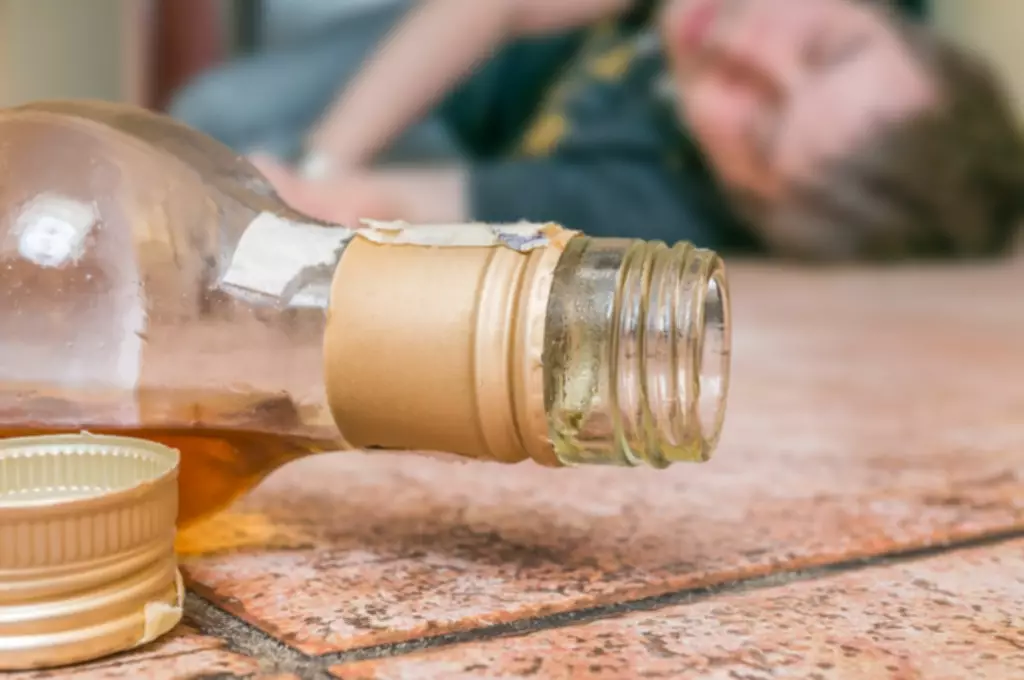
Daily life in a sober living environment is structured to support individuals on Sober Living their recovery journey. Routine and accountability play significant roles in this process, along with opportunities for community involvement. Remember, the journey to sobriety doesn’t end once you leave the sober living home. Engaging in ongoing therapy, education, and personal development activities helps reinforce your commitment to sobriety and ensures you have the tools needed to face challenges head-on.
Ways to Protect Your Child From Drugs

Explore recovery and thoughts of using with effective strategies, support, and stages in addiction recovery. Completing a rehabilitation program is a significant accomplishment, but it’s important to recognize that the journey to recovery… Discover the impact of March Madness on addiction, from increased gambling to coping strategies and support. Explore helpful ways to be supportive of recovery and foster a nurturing environment for healing and growth. Discover why caffeine and nicotine are drugs yet excused in recovery—exploring their role and impact. Discover why life is boring without drugs and explore pathways to true freedom and fulfilling sobriety.

Embarking on Your Sober Living Journey
- Sober living is an opportunity for those suffering from substance abuse issues and alcoholism to reintegrate themselves back into society at their own pace.
- Peer-led groups within these communities allow individuals to share coping strategies and insights.
- This may include managing household duties or mentoring newer residents.
- These centers offer treatment, which some residents may have to attend as part of living there.
- A great way to find a sober living house in your area is first to explore your network.
- This could include maintaining employment, attending school or volunteering, and participating in ongoing recovery or therapy sessions.
They are focused on helping residents re-enter common society after spending time in prison. These centers offer treatment, which some residents may have to attend as part of living there. Job placement programs and educational opportunities are also available to help residents reintegrate into society as productive, sober individuals. This holistic approach to recovery ensures that you’re not just sober, but also prepared to tackle the challenges of everyday life after addiction. Many treatment centers collaborate with sober living homes to ensure a smooth transition.
- Explore the risks and consequences of mixing antibiotics and alcohol, and protect your health.
- By upholding these rules, individuals not only preserve their own sobriety but also contribute to a supportive and accountable community that encourages recovery.
- The facilities are geared to help individuals learn how to function again in society by doing things like house hold chores, paying bills, and participating in drug free activities and events.
- Many sober living homes offer access to additional support services, such as therapy, job placement programs, and educational opportunities.
Q: Are you covered for addiction treatment?
It includes aspects such as daily routines and house rules and guidelines that help create a stable and supportive environment for individuals committed to living substance-free. The concept of sober living homes what is alcoholism might seem simple, but the impact they can have on your recovery process is profound. They offer a balanced level of independence and support, enabling residents to strengthen their sobriety skills in a real-world setting before fully integrating back into society. Additionally, many homes are linked to professional counseling services and job placement programs, further assisting in the rehabilitation process. Sober living houses offer a supportive community for individuals transitioning from residential treatment programs. These environments reinforce the skills and habits learned during intensive therapy.


The transition from residential treatment to independent living can be challenging. They provide a controlled environment where individuals can gradually reintegrate into society while still receiving support. Many sober living facilities also provide access to outpatient counseling, job placement assistance, and life skills training.

- These environments often require participation in household chores, teaching valuable skills like cooking, laundry, and budgeting.
- Here are some additional types of recovery support services along a path to sobriety and wellness.
- Explore if relapsing is a part of recovery and discover strategies to prevent addiction relapse.
- If you’re having a hard time adjusting to a sober life, reach out to a mental health professional who specializes in addiction and substance use.
This environment not only promotes sober living but also encourages residents to explore new hobbies and interests that support their recovery journey. Participation in local community events and volunteer opportunities further enriches the recovery experience, providing a sense of purpose and belonging. Sober living homes provide individuals in recovery with a structured and supportive environment to aid in their journey towards sobriety. These homes have different levels of structure and support, offering varying degrees of clinical oversight, peer support, and rules for residents to follow. Firstly, they provide a framework for residents to develop and maintain sober habits.
- These connections can provide ongoing support even after residents transition to independent living, significantly improving long-term sobriety outcomes.
- These homes are not addiction treatment programs but rather offer a supportive and structured living environment where individuals can practice and reinforce their recovery skills.
- Discover my story about a Christmas party relapse and learn valuable lessons for navigating holiday challenges.
The Benefits of Sober Living Homes
These meetings provide opportunities to discuss progress, challenges, and goals. Researchers call it “an underutilized modality” and believe it shows promise. Generally, the longer you stay involved in recovery programming, the better your outcomes will be.
No responses yet